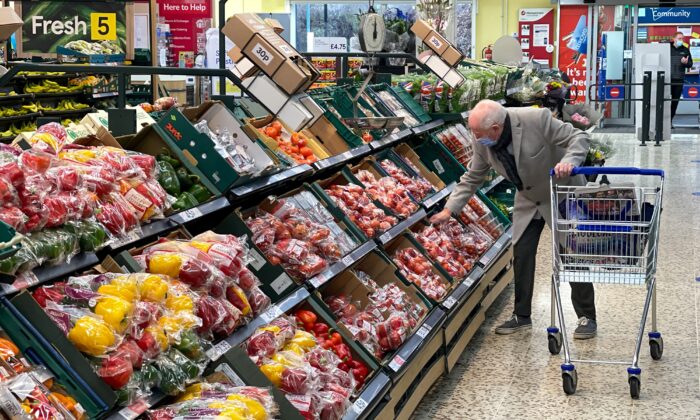UK’S ECONOMIC GROWTH STUMBLES IN Q3 AMID HIGH INFLATION – The UK economy grew a meagre 0.1 % in the third quarter of this year
The UK economy grew a meagre 0.1 % in the third quarter of this year (Q3), lower than both the previous quarter and market expectations, according to the Office for National Statistics (ONS).
This subdued performance presents a formidable challenge for the newly elected Labour government as it endeavours to stimulate economic growth in the face of soaring inflation and interest rates.
In July this year, the Labour Party won a landslide victory in the House of Commons election, returning to power after 14 years. Before the election, the Labour Party had promised a 2.5 % growth target for the UK economy in 2024, aiming to become the fastest-growing economy among the G7 nations.
However, the UK’s third-quarter economic performance ranks far behind the U.S., Japan, France, and Canada among the G7. Economists generally believe that the UK economy continues to be suppressed by the dual pressures of high inflation and a high interest rate environment.
Weak consumer spending and low business confidence have become the main reasons for the slowdown in economic growth. How to boost the economy and public confidence will be a test of the Labour government’s ability to govern.
UK Chancellor of the Exchequer Rachel Reeves recently proposed the Autumn Budget, which plans to push for the largest pension reform in decades to promote economic growth.
The UK government aims to consolidate the current 86 local government pension schemes into a few “super funds,” hoping to release around 80 billion pounds to invest in the UK’s energy infrastructure, tech startups, and public services.
This plan, though ambitious, is still a subject of much debate.


